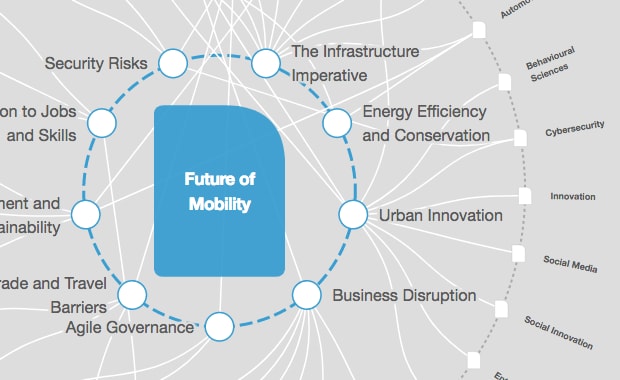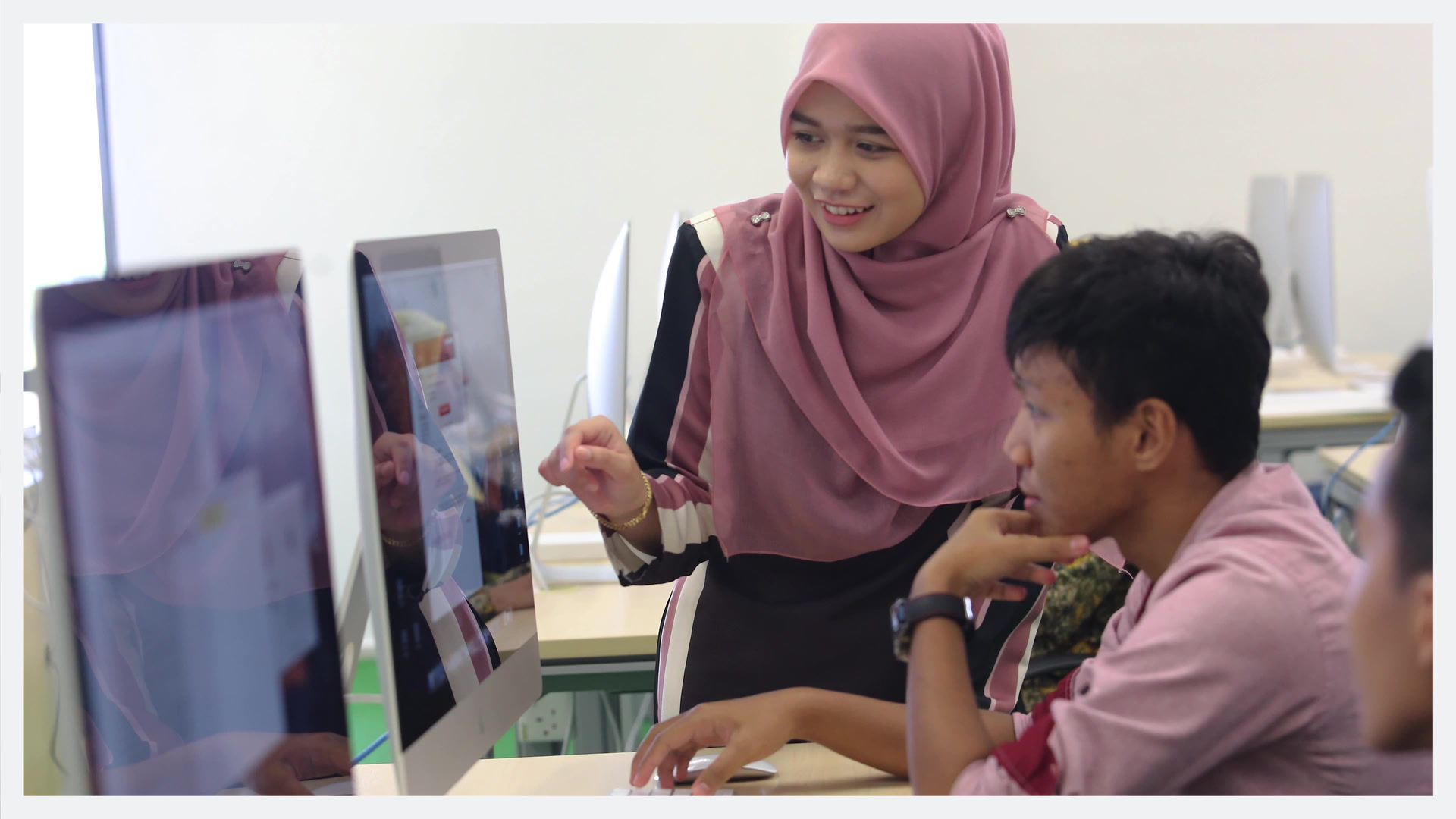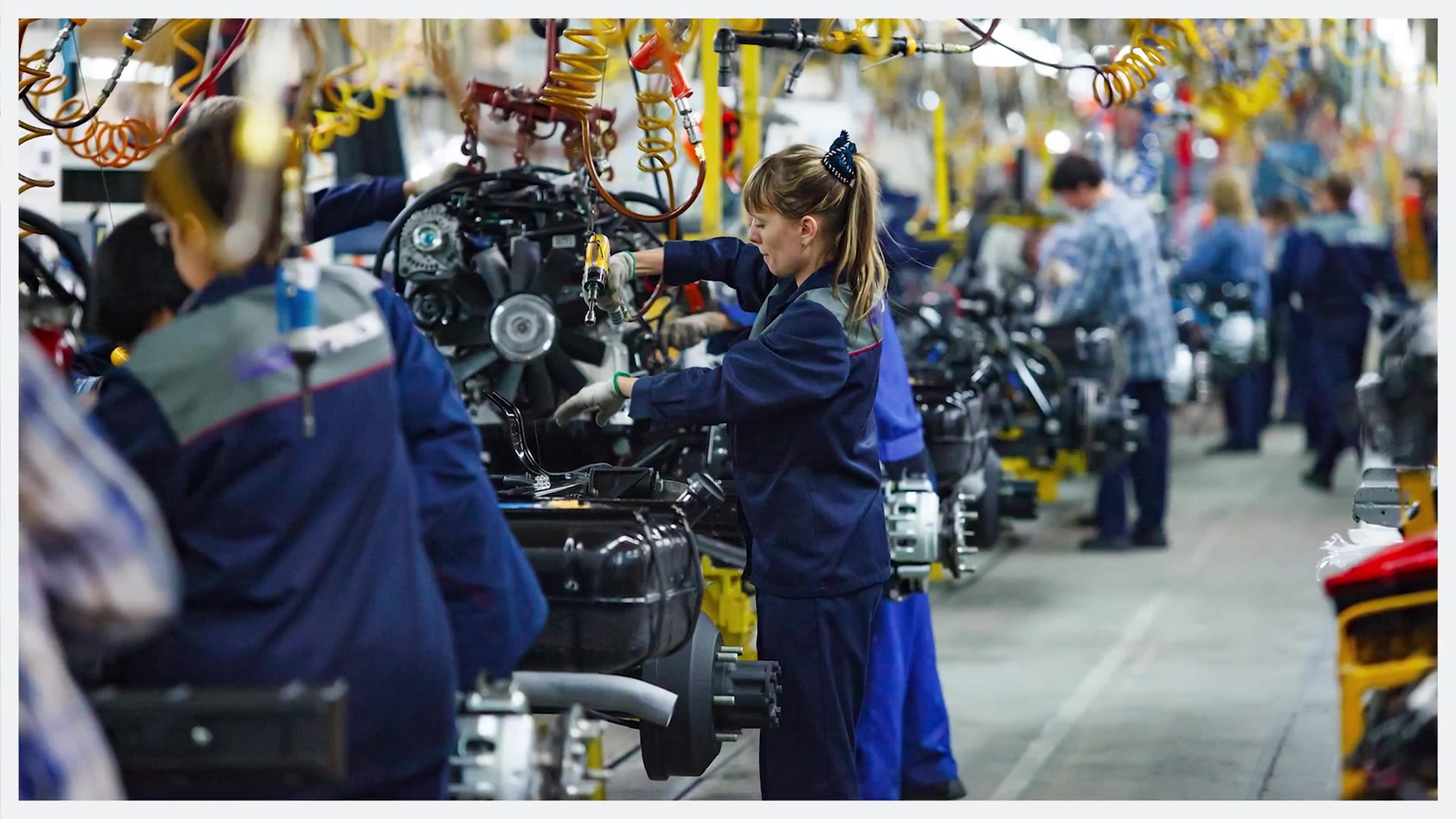What helped this founder pivot and help modernize the largest transit system in the US?

Tech startup, Zum, has reduced school bus journey times. Image: ZUM

Explore and monitor how Mobility is affecting economies, industries and global issues

Get involved with our crowdsourced digital platform to deliver impact at scale
Stay up to date:
Mobility
- Entrepreneur Ritu Narayan has developed an integrated digital platform to help modernize US student transportation.
- Her tech-focused start-up Zum has reduced school bus journey times and increased efficiency, sustainability and safety.
- On the World Economic Forum’s Meet the Leader podcast, she shared the turning point she reached with her startup and the two questions she asked herself to help scale its impact.
How can leaders decide if it’s time to make a dramatic change to their business? For one startup founder, the answer was clear once she considered two key questions. These questions helped reinforce her commitment to the people she could serve most - and the true impact she could make possible.
She shared her story -- and her process -- on a recent conversation on the World Economic Forum's Meet the Leader podcast.
A growing need - and a growing business
Ritu Narayan founded Zum, a startup that launched as an on-demand service for parents, all to rethink the classic yellow school bus and put family logistics back in parents' control.
School buses represent the largest public transit system in the United States, travelling 6 million cumulative miles per year to transport 27 million children every day. The system hasn’t markedly changed for nearly a century with some routes taking an hour or longer Parents often don't know if their child has made it to school on time, or if they even got home. The stress of managing school logistics can be enough to prompt some moms to pull back from the workforce altogether.
Narayan was inspired by her own experience with this wildly inefficient system – one that made her own mother leave the workforce. “In my life,” Ritu Narayan said in a recent episode of Meet The Leader, “when my daughter's ride fell apart, everything fell apart.”
To tackle this challenge, Narayan designed Zum, a service with a massive technology platform that allowed users to simply open an app to schedule a certified driver the night before a ride was needed for their child, an approach very similar to Uber or Lyft, but with a small pool of drivers to help build trust with children and parents.
By 2019, the company was growing extremely fast, said Narayan. Soon schools began asking the company if it would consider taking on larger responsibilities for their districts. The change would mean a massive departure from the initial idea as well as investing in a different sort of fleet and a massive logistics platform, an enterprise solution, one that could support tens of thousands of parents and their children.
“At that point, we faced a choice. Either we could be good at both sides of the picture or we could be great at one.”
Two key questions to keep focused
In making the shift, Narayan asked herself two questions: Where could she make the larger impact the fastest? And who were truly her main customers? Those two questions helped her realize that more parents could be served at scale with a platform that could absorb 100% of a district’s transportation.
“We realized that given the school transportation is such a massive system,” said Narayan, “you would make the largest impact immediately into the cities by taking over these districts and schools and working with them directly.”
Said Narayan, she saw the massive opportunity to “build a network right from the beginning and then solve the even bigger problem.”
“In the end, we were still serving the parents, and we're still serving the children who were In need of the service. Once that fit into my mind, everything was very easy to resolve.”
How is the World Economic Forum promoting sustainable and inclusive mobility systems?
Today, Zum operates with a robust enterprise platform, one where districts, some with hundreds of schools each, can access only their specific information, and parents are able to access only their information and their child's information.
The start-up is also embracing electrification and preparing for other potential changes, including a shift to autonomous vehicle technologies in the years ahead to keep the startup resilient as labor shortages make bus drivers harder and harder to secure.
"As long as you're building a robust platform with all the routes and the students' information and optimization around it, we will be able to basically change as the technology changes in that direction."
The shift, Narayan acknowledged, was “a very hard decision making process" but it made way for scale. "It almost took me six plus months, but looking back, it seems like such a no-brainer to do.”
Don't miss any update on this topic
Create a free account and access your personalized content collection with our latest publications and analyses.
License and Republishing
World Economic Forum articles may be republished in accordance with the Creative Commons Attribution-NonCommercial-NoDerivatives 4.0 International Public License, and in accordance with our Terms of Use.
The views expressed in this article are those of the author alone and not the World Economic Forum.
The Agenda Weekly
A weekly update of the most important issues driving the global agenda
You can unsubscribe at any time using the link in our emails. For more details, review our privacy policy.
More on Education and SkillsSee all
Gayle Markovitz and Kate Whiting
May 2, 2024
Jean-Claude Brizard
May 1, 2024
Adam Gavin
April 30, 2024
Pedro Rocha e Mello, Anurit Kanti, Rita Lousa and Shankar Keshav Prasad
April 30, 2024







